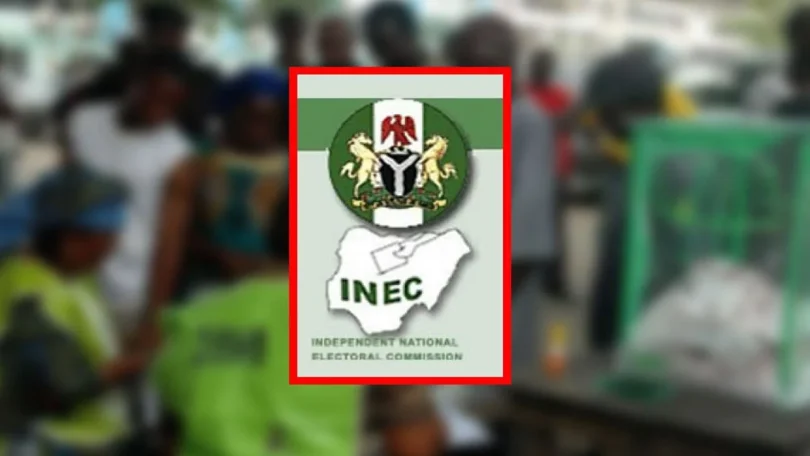Political analysts and stakeholders have criticised the Independent National Electoral Commission (INEC) for its inability to curb the excesses of political parties, accusing the electoral umpire of lacking both the power and will to enforce electoral laws.
Their concerns come amid growing incidents of premature political campaigns — particularly by the ruling All Progressives Congress (APC) — ahead of the 2027 general elections, despite clear legal timelines set by the Electoral Act 2022.
In recent weeks, several billboards bearing messages such as “Grassroots Support for Tinubu 2027” and “Tinubu Continuity 2027” have appeared across major Nigerian cities, sparking public outrage over apparent early campaigning.
While the Presidency has denied any involvement, insisting that the materials were not sponsored by government or the APC, the billboards have remained on display. Critics say this reflects both INEC’s regulatory weakness and the failure of advertisement oversight agencies to act.
During a recent roundtable in Abuja, then INEC Chairman, Prof. Mahmood Yakubu, admitted that legal loopholes have limited the Commission’s powers to act against early campaigns.
“Section 94(2) of the Electoral Act 2022 imposes mild sanctions — a maximum of ₦500,000 — only for campaigns within 24 hours to polling day. There is no penalty for campaigns that begin before the official 150-day window,” Yakubu said, noting that this gap has encouraged blatant violations.
Analysts have also faulted Section 92(4) of the same Act, which allows political parties to hold rallies or meetings “at any time,” creating ambiguity about what constitutes premature campaigning.
Former INEC Chairman, Prof. Attahiru Jega, has called for tighter laws and clearer definitions of campaign offences, warning that early campaigning erodes fairness in the electoral process. He recommended that both candidates and political parties — especially incumbents — be held responsible for activities of third-party campaigners and that anti-graft agencies like the EFCC and ICPC investigate their funding sources.
Jega also renewed his call for the establishment of an Election Offences Commission and Tribunal to handle such violations ahead of the 2027 polls.
Speaking with newsmen, the Convener of the Nigerian Civil Society Situation Room and former ActionAid Nigeria Country Director, Mrs Ene Obi, lamented Nigeria’s culture of impunity and disregard for laws.
“We have a problem with obeying the law. INEC says it lacks the power to enforce the rules — then who does? If a country has no sanctions, how do they move forward?” Obi asked.
She urged INEC to hold parties accountable, warning against the misuse of official resources for political campaigns. “Between elections, government should focus on governance, not campaigning,” she said.
Similarly, the National Coordinator of the Obidient Movement, Dr Yunusa Tanko, accused the ruling party of already violating campaign rules. “The government is already campaigning. It’s completely against the Electoral Act, and they should be held responsible,” he said, insisting that the Obidient Movement remains cautious about pre-election activities.
Meanwhile, the National Assembly is proposing to shift the next general elections to late 2026 — six months earlier than the usual February 2027 timeline — as part of the ongoing Electoral Act (Amendment) Bill 2025.
The proposal was unveiled during a joint public hearing of the Senate and House Committees on Electoral Matters in Abuja, where lawmakers and civil society groups made fresh input into the new bill.
In a related development, the Senate on Thursday confirmed the nomination of Prof. Joash Amupitan as the new INEC Chairman, following the completion of Prof. Yakubu’s two-term tenure. Amupitan has pledged to strengthen voter education and restore public confidence in Nigeria’s electoral system.

